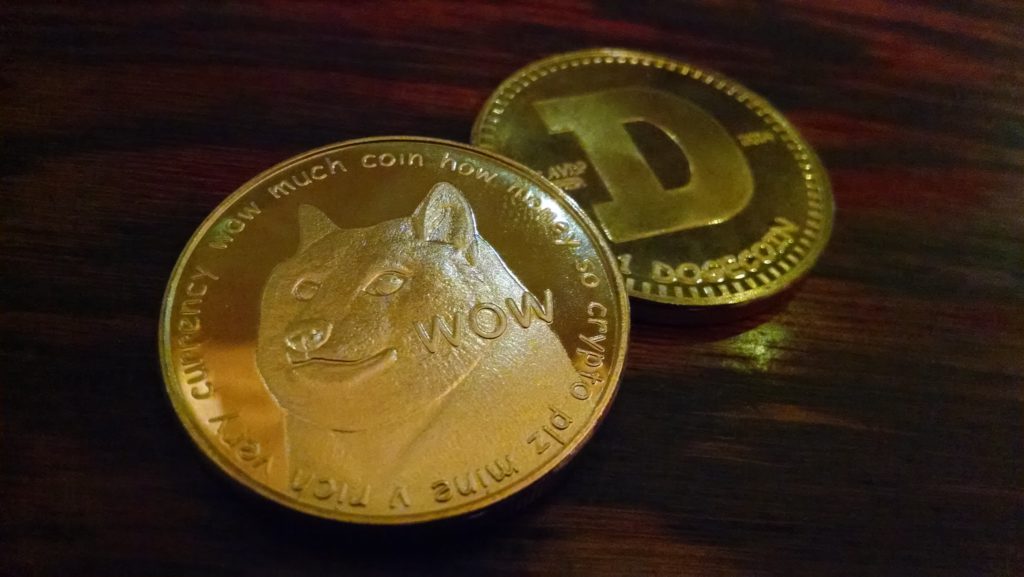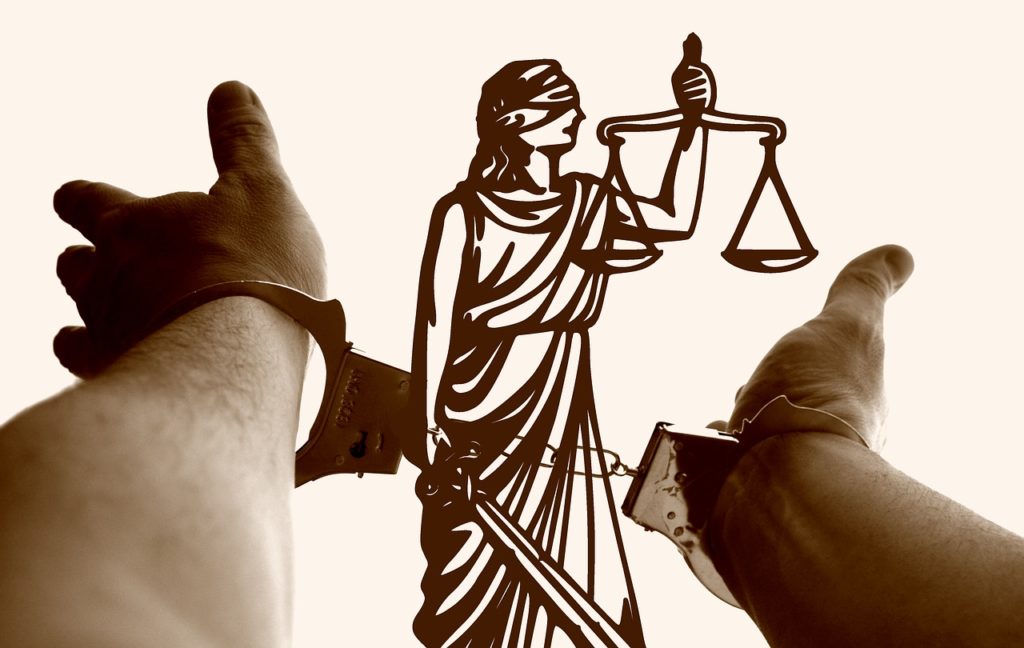Amid the last cryptocurrencyA digital currency running on a blockchain and built with cryptography. Contrary to central-bank issued currency, cryptocurrency issuance rules are... More craze, the Turkish government has decided to ban crypto payments on its territory. This doesn’t mean the citizens can’t use cryptocurrencies anymore, but they won’t be able to pay for goods and services with it, starting April 30th. Ironically, Dogecoin (DOGE) continues to see a meteoric rise this week.
The announcement by the Central Bank of the Republic of Turkey (CBRT) states that “crypto assets entail significant risks”. Mainly, because they’re not regulated, they’re volatile and the transactions on the blockchain are irrevocable.
“It is considered that their use in payments may cause non-recoverable losses for the parties to the transactions due to the above-listed factors and they include elements that may undermine the confidence in methods and instruments used currently in payments. Accordingly, (…) the CBRT has introduced ‘Regulation on the Disuse of Crypto Assets in Payments’.”
It seems like this ban had a bad effect on Bitcoin (BTC). Since the announcement, its price fell over 15%. It’s now recovering, though. Meanwhile, Dogecoin had a nice trend upwards this week, earning over 500% and reaching a new All-Time-High (ATH) with $0.43 per token [CoinMarketCap].

That’s probably because DOGE is being adopted as a payment method by more merchants. The Canadian web hosting provider EasyDNS and the robotic company BOTS are the last of them. According to Cryptwerk, over 1295 companies and organizations are accepting DOGE so far. These include the luxury hotel chain Kessler, the basketball team Dallas Mavericks, and the Latvian airline airBaltic.
Bans for crypto
Luckily, the governments’ bans for cryptocurrencies are unusual and kind of ineffective. Nigeria also applied a banking ban this year, but its public is still one of the most crypto-inclined in the world.
Russia is among the countries with more crypto-users as well. However, it also has a ban on crypto payments since the last year. Indonesia and Vietnam don’t allow payments with cryptocurrencies either. Beyond them, India is considering a ban on cryptocurrencies, and Palau has a temporary halt on crypto-activities until they can develop their own regulations to avoid scams.

Only 13 territories worldwide have totally banned cryptocurrencies. These are Bolivia (South America), Algeria, Egypt, Morocco, Burundi, Namibia, Libya, Nigeria (Africa), Nepal, Qatar, Laos, Iraq, and Bangladesh (Asia).
In the middle, there are friendlier countries than others. Japan, Malta, Estonia, Germany, and Switzerland are very pro-crypto. The United States, Canada, Spain, Singapore, and the United Kingdom are very active on it, but they also have strict regulations.
Featured Image by Elchinator / Pixabay
Wanna trade DOGE, BTCAn abbreviation for Bitcoin., and other tokens? You can do it safely on Alfacash! And don’t forget we’re talking about this and a lot of other things on our social media.
Twitter * Telegram * Facebook * Instagram * Youtube * Vkontakte








